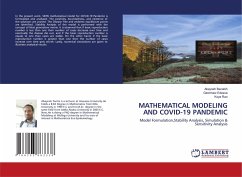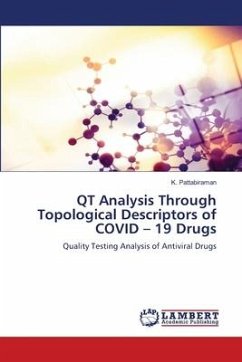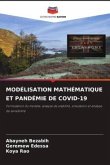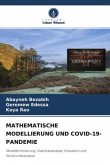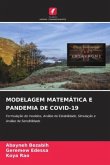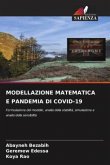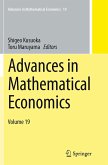In the present work, SEIRS mathematical model for COVID-19 Pandemic is formulated and analyzed. The positivity, boundedness, and existence of the solutions are proved. The Disease free and endemic equilibrium points are identified. Stability Analysis of the model is performed with the concept of Next generation matrix. It is observed that if basic reproduction number is less than one then number of cases decrease over time and eventually the disease die out, and if the basic reproduction number is equals to one then cases are stable. On the other hand, if the basic reproduction number is greater than one then the number of cases increase over time gets worth. Lastly, numerical simulations are given to illustrate analytical results.
Bitte wählen Sie Ihr Anliegen aus.
Rechnungen
Retourenschein anfordern
Bestellstatus
Storno

